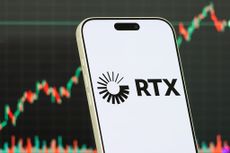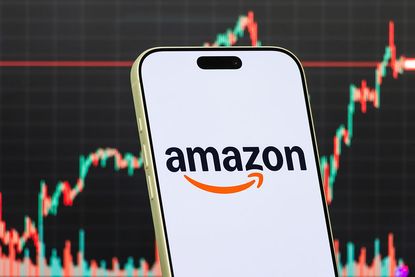Stocks and Shares
The latest news, updates and opinions on Stocks and Shares from the expert team here at MoneyWeek
Explore Stocks and Shares
-

What is Elon Musk's net worth?
Elon Musk is the richest person in the world and close to becoming the first-ever trillionaire. How did the Tesla and SpaceX founder make his fortune?
By Oojal Dhanjal Last updated
-

Three key winners from the AI boom and beyond
James Harries of the Trojan Global Income Fund picks three promising stocks that transcend the hype of the AI boom
By James Harries Published
-

RTX Corporation is a strong player in a growth market
RTX Corporation’s order backlog means investors can look forward to years of rising profits
By Dr Mike Tubbs Published
-

'AI will change our world in more ways than we can imagine'
Interview Rob Arnott of Research Affiliates talks to Andrew Van Sickle about the AI bubble, the impact of tariffs on inflation and the outlook for gold and China
By Andrew Van Sickle Published
Interview -

Share tips 2026: this week’s top stock picks
Share tips Share tips 2026: MoneyWeek’s roundup of the top stock picks this week – here’s what the experts think you should buy
By MoneyWeek Last updated
Share tips -

The top stocks and funds to buy according to DIY investors
Nvidia dropped out of Interactive Investor’s top ten most-bought stocks in January for the first time in six months as investors veered away from US megacaps
By Dan McEvoy Last updated
-

Three companies with deep economic moats to buy now
Opinion An economic moat can underpin a company's future returns. Here, Imran Sattar, portfolio manager at Edinburgh Investment Trust, selects three stocks to buy now
By Imran Sattar Published
Opinion -

Energy, healthcare and utilities: how to tap into AI in the real economy
AI promises to add to the productivity and profitability of much of the economy beyond tech. Here’s two themes to tap into AI in the real economy.
By Dan McEvoy Published
-

Should you sell your Affirm stock?
Affirm, a buy-now-pay-later lender, is vulnerable to a downturn. Investors are losing their enthusiasm, says Matthew Partridge
By Dr Matthew Partridge Published
